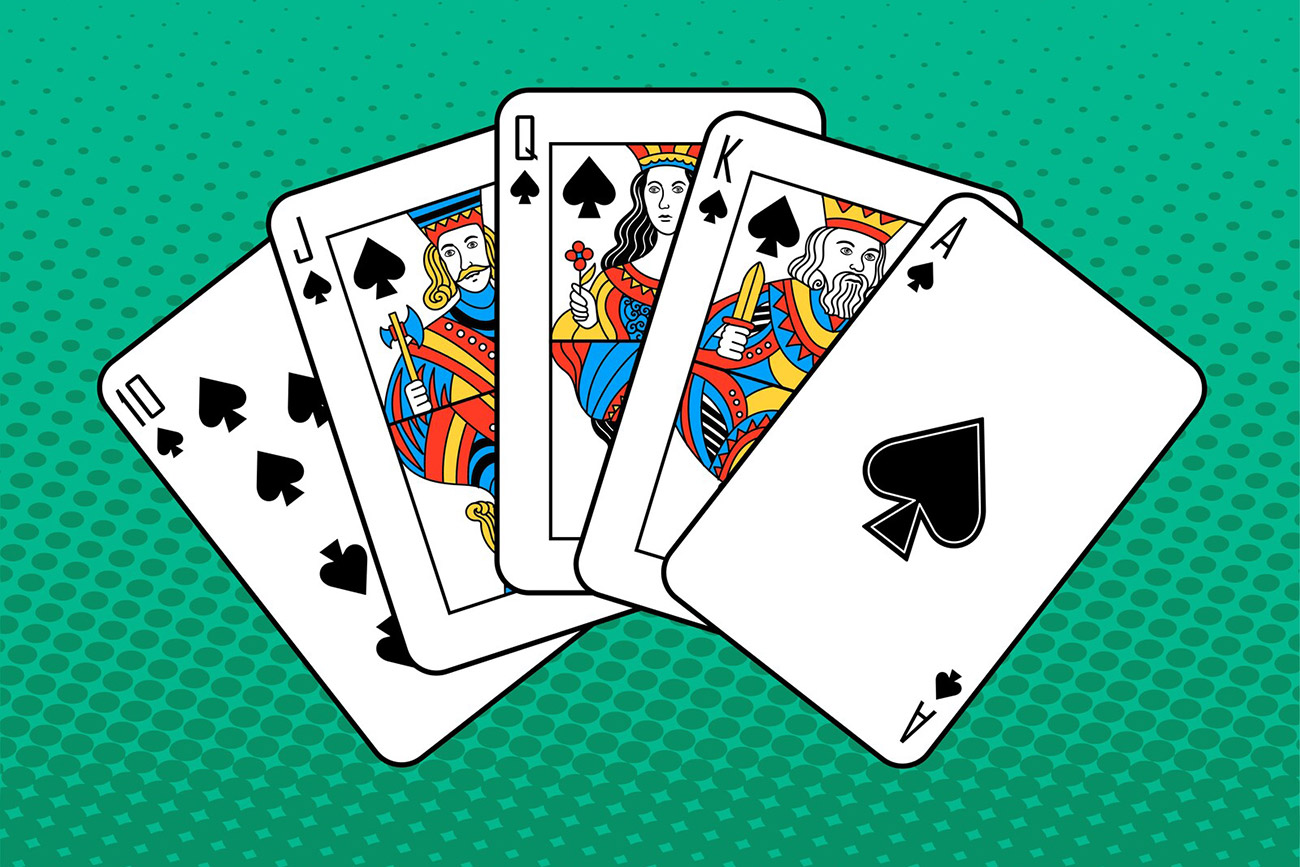Table of contents
We all need an interest in our lives outside work these days. The reason people seek out absorbing hobbies to amuse themselves with is to relax, whether it’s mastering the 7 types of photography.
The modern world can be a stressful place for anyone to cope with. From pressures of work to the cost of living, it is vital to have stress relief and that is the beauty of a hobby.
Poker is quite a common hobby choice, but also not the easiest game to master. Here are five tips to pick up on before you pick the cards up.

© Can Stock Photo / AlexanderPokusay
1. Learn about the different types
The first thing that must be understood before starting to play is that there are different forms of poker. If you are not aware of this you could easily find yourself in a game with rules you don’t know.
By far the two that are most popular are Texas Hold’em and 7 Card Stud. There are a number of variations in the rules between them, but the most important one is that there are usually no community cards in 7 Card Stud and there is also no flop.
7 Card Stud also tends to involve less use of the ‘bluff’ as a play than Hold’em does. Remember you will be betting real cash, so learn to play 7 Card Stud or Texas Hold’em before you even think about playing for money.
2. Luck has little to do with it
It is common for people who are not familiar with poker to think that luck plays a big role in success. In fact, although luck is involved – whether you get a good or bad hand of cards is luck – it is not essential to success.
Poker is a game of numbers and whether a player wins or loses money over a long period comes down to three other factors. The first of these is their level of skill and knowledge of the game compared to the other players, as experienced players generally do better.
The second is careful management of your money, as that will enable you to stay in the game for longer. In turn, that improves your odds of winning a pot.
Finally, poker success comes down to psychological resilience. Players who are easily intimidated will struggle however much they know.
It is important not to get hung up on the idea of luck as believing you are fated to lose will rob you of the mental strength needed to win.
3. Pick up the common poker terminology
Poker is a game that has a lot of unique terminology that can seem obscure to non-players. Any new player should take time to learn what the terms mean, so they are not confused when hearing them during a game.
Some examples of common poker terms are: ‘Aces High’ ‘Bluff’, ‘Call’ and ‘Flop’. ‘Aces High’ means a hand where the Ace is the highest card and where there is not a pair or any possible higher card combination.
A ‘bluff’ is where you wager on a weak hand to try to fool your opponent into believing it is strong and getting them to fold. ‘Call’ means placing a bet that matches that of your rival player.
‘Flop’ is used in Texas Hold’em and Omaha, but not Stud poker. It is the term for the second community card betting round in these games.
4. Choose the best place to play poker for you
There are several different options open to you when you are deciding where to start playing poker. Picking the right one for you is crucial because you will want to feel as comfortable and at ease as possible as a new player.
One option is to add a games room with poker table to your ‘man cave’ or if you’re thinking of creating your own unique bachelor pad, there’s many options to consider. Playing in your home surroundings will maximise your comfort levels, both physically and psychologically, and is also ideal for a weekend game of poker with your friends.
A second option is to sign up with an online casino. These are very popular nowadays and offer a wide range of poker games, including live dealer ones.
The third choice is to visit a land-based casino. Most towns and cities have at least one of these and you will be able to soak up the gaming atmosphere, although that can be hard on the nerves of inexperienced players.
5. Play for fun first
However much you study the rules for the different types of poker, it will be no substitute for learning by playing. If you are not careful though, that learning curve can have a very steep cost.
The best solution is to start by playing in friendly games amongst other ones like drawing in homemade Pictionary, activities that are about fun not money. Take part in games with friends or family that have very low stakes or even just matchsticks or some other cash substitute.
Doing so will let you gain valuable knowledge, confidence and experience without draining your bank account. It will also ensure poker remains the pleasant hobby that it is supposed to be.
Now that we have provided you with some helpful tips for getting going on poker as a pastime you can start down the road to becoming a card sharp.
